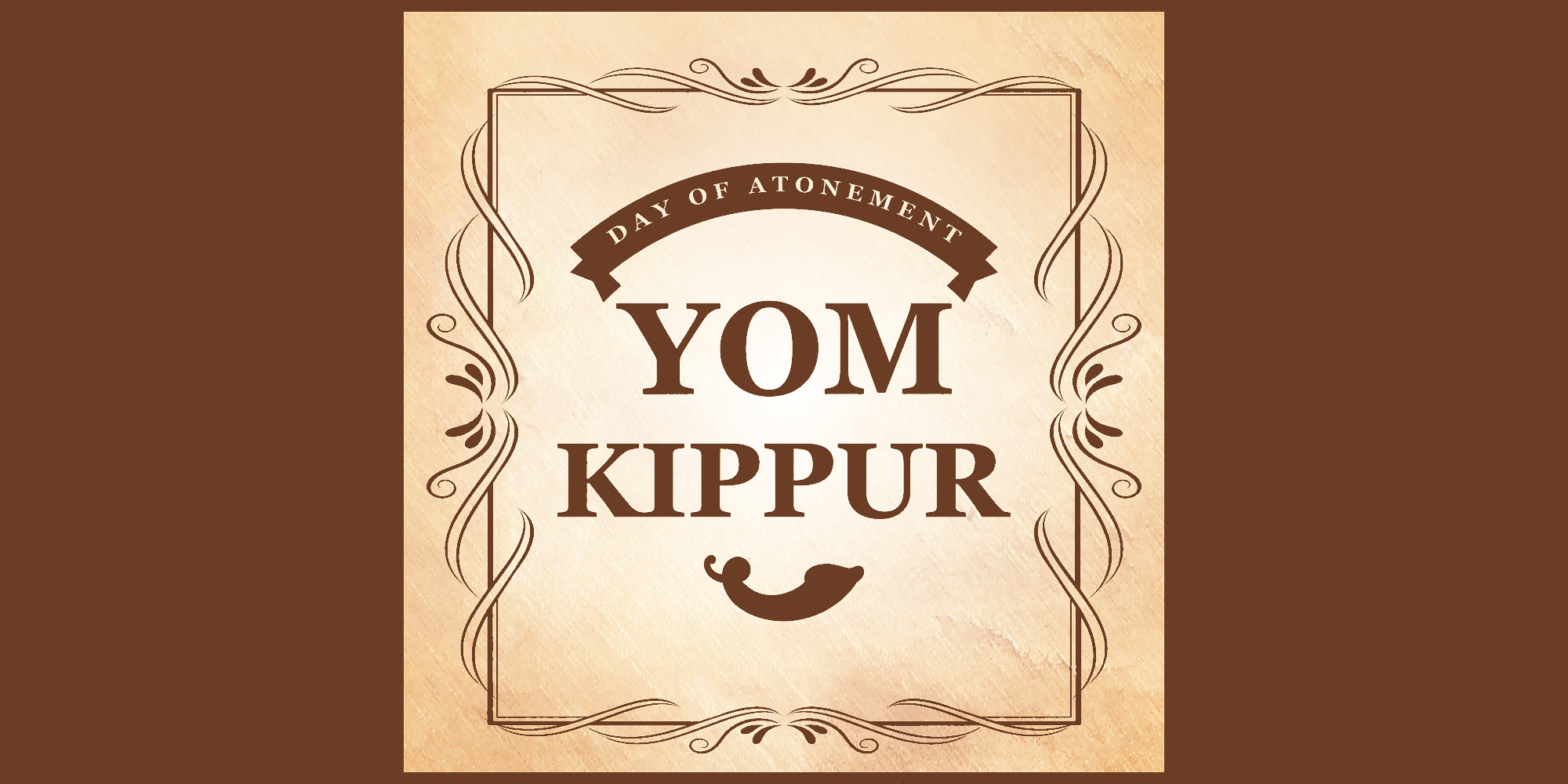
Every year in the fall, Yom Kippur completes the Jewish High Holy Days. Also known as the “Day of Atonement, Yom Kippur is held on the 10th day of Tishrei. The holiday is always observed 10 days after Rosh Hashanah.
Yom Kippur is a day when the Jewish people acknowledge their sin and ask God for forgiveness. For this reason, Yom Kippur is considered the most important holiday in the Jewish faith. The day is so sacred that the Jewish baseball player, Sandy Koufax, refused to pitch in the first game of the World Series as it landed on Yom Kippur. The event occurred in 1965, making national headlines.
Yom Kippur is a day of prayer, fasting, introspection, and repentance. Jews are also encouraged to “afflict their souls” by avoiding the following actions:
- • Eating or drinking
- • Wearing leather shoes
- • Applying lotions
- • Bathing
- • Engaging in conjugal relations
Avoiding these things is supposed to keep Jews from focusing on superficial comforts. Fasting from food and drink cleanses the body and spirit. Before the fast begins, friends and family gather together for a feast. This feast needs to be finished before sunset. The food eaten during the feast is to provide strength for the next 25 hours.
GET INVOLVED: This day is often referred to as the “Sabbaths of Sabbaths.” The Jewish people refrain from working on this day. Instead, they attend services at the synagogue for nearly the entire day.
Other ways to observe this day include:
- Recite scripture from the book of Psalms.
- Wear white as a symbol of purity.
- Bless the children.
- Spend most of the day in prayer and quiet reflection.
- Forgive others and make amends with friends and family.
HISTORY: The first Yom Kippur took place after the Israelites escaped from Egypt and arrived at Mount Sinai. This is where God had given Moses the 10 Commandments. When Moses left the mountain, he caught the Israelites worshipping a golden calf. The Israelites atoned for their idolatry and God forgave their sins.
The commandment to observe Yom Kippur each year is found in the book of Leviticus. This book is part of the Torah, which includes God’s commandments to the Jews. Leviticus 16:29-30 states, “And this shall be a statute forever unto you: that in the seventh month, on the tenth day of the month, you shall afflict your souls, and do no work at all, whether it be one of your own country, or a stranger that sojourns among you. For on that day shall the priest make an atonement for you, to cleanse you, that you may be clean from all your sins before the Lord.”

